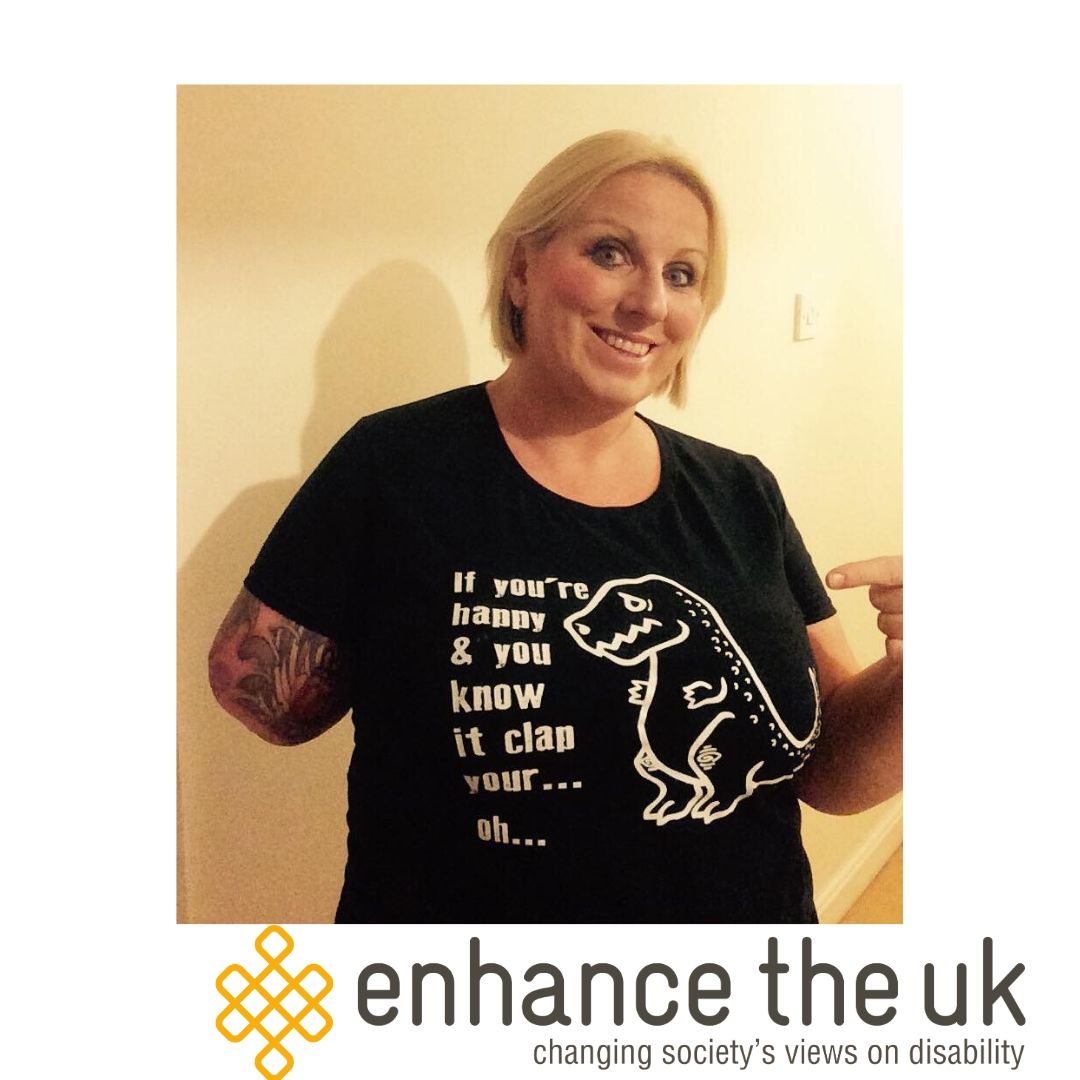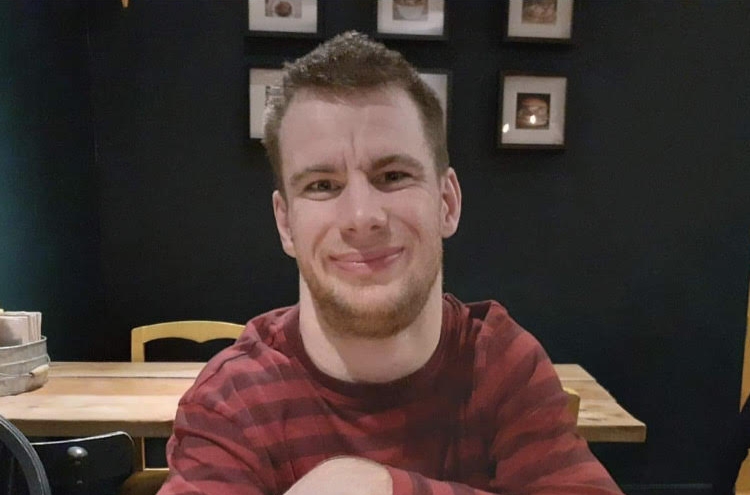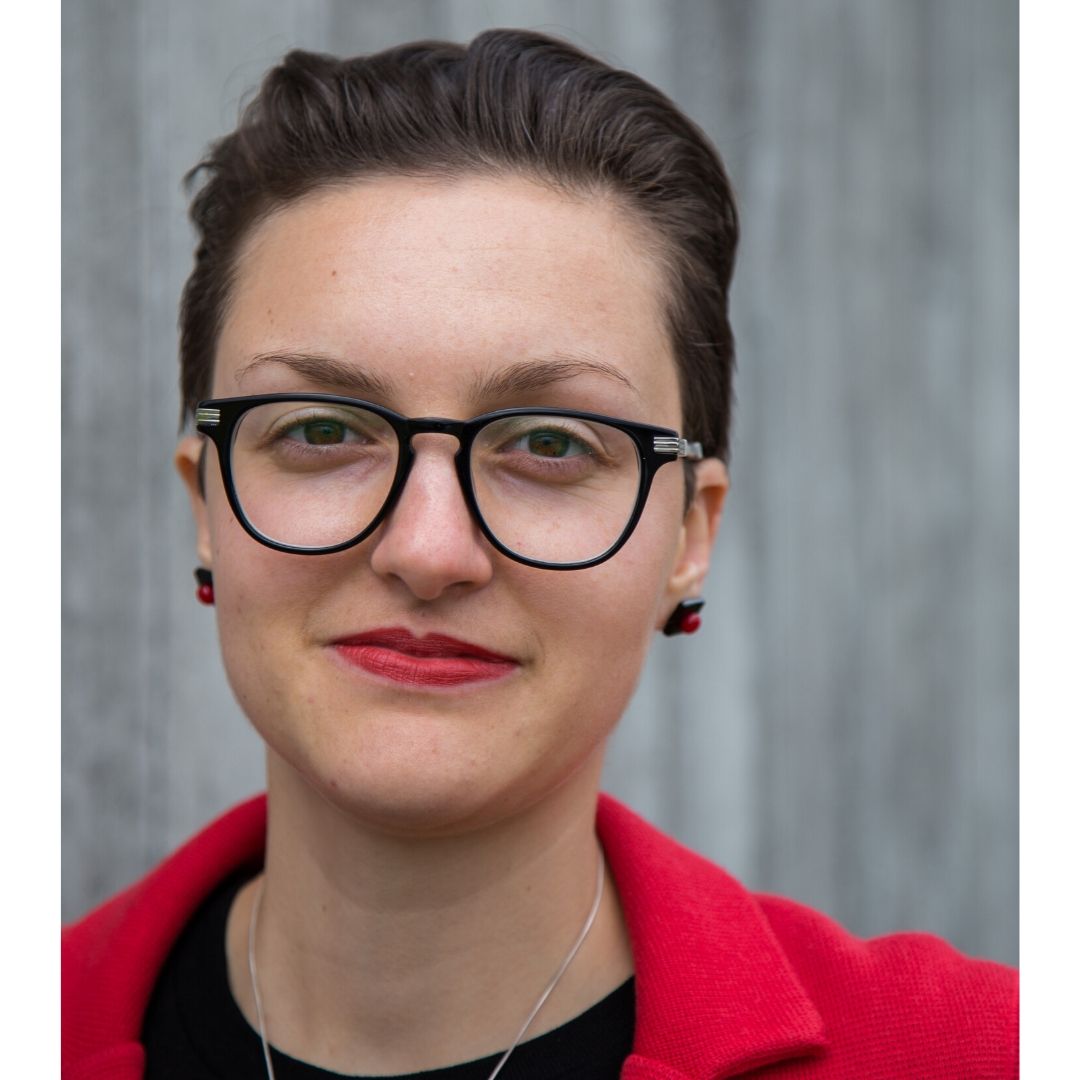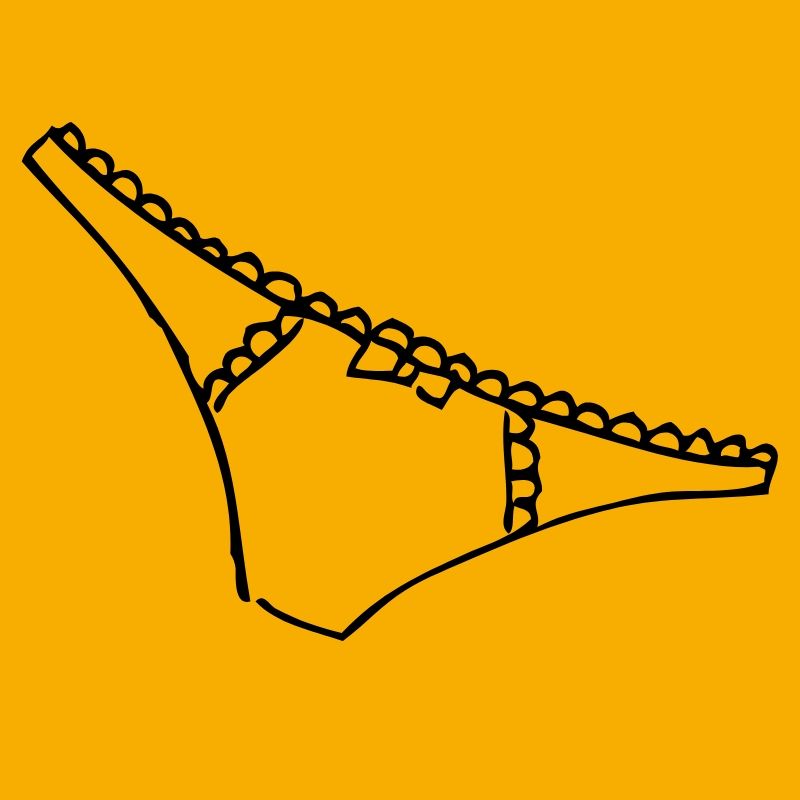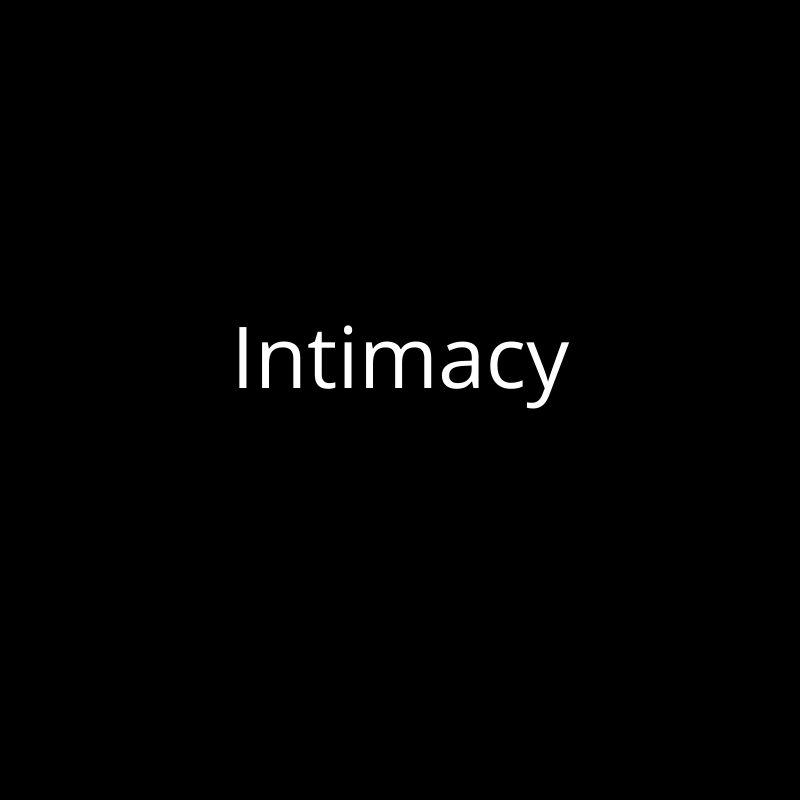A guest blog by Carley Owen, Event Project Manager for Pride in London.
This is the first time I’ve ever written a blog, now I’m writing one in Pride Month, as an openly gay woman about LGBTQI+ and all the scariness and greatness that comes with that. Although a daunting concept to voice one’s opinion in a world of endless criticism and trolling, never has the LGBTQI+ community needed awareness and support more, so here they are stuck with me.
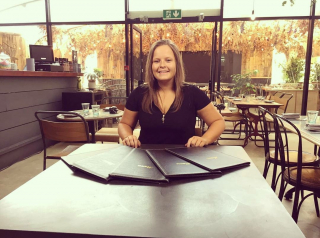
I never was one to ‘fly the flag’ when at university or in a wider capacity related to my sexuality. Maybe this was because I was the sporting extrovert still stuck in ‘Narnia’ (my first and probably last educational reference). Maybe I enjoyed less lesbian drama (those of you who know, know). Or maybe I lacked the knowledge and understanding of what a powerful difference it can be to speak up. This has now all changed, and I’ll shed some light on the reasons why. This isn’t going to be a blog that rants at you but hopefully one that can provide clarity and some understanding from someone who has been there, done that and wears the rainbow t-shirt daily.
Why do we need awareness?
Let’s kick off with a good old statistic from the report ‘A long way to go for LGBTI equality’.
42% of LGBTQI+ people have suffered discrimination in the last year, compared to 39% in 2012.
Some of you may think that’s not a significant increase but the fact is, it’s an increase and it’s moving away from that world we all would like, equality. We have made strides towards equality in recent times with the approval of same sex marriage in certain countries (maybe now I’ll find a partner…. wishful thinking). Yet still in 13 countries being a homosexual is punishable by death and in some carries a prison sentence. This is astounding to me, all for loving someone of the same sex.
The recent protests in the UK against teaching LGBTQI+ relationships in primary schools and the attack of a lesbian couple on a London bus, just shows how far we have yet to go.
I’ll never forget a member of staff in authority at one of my workplaces saying this to me ‘…because you’re northern, fat and a lesbian you’ll need to try harder in a London work setting to be accepted’.
Since when did my sexuality or the fact I’m chunky around the edges effect how I run an event or send an email? Answers on a postcard please…. Needless to say, I left the company pretty swiftly after that, which should never have had to happen. If only they could see me now, all gay and proud at work! This is not even the tip of the iceberg with why we need now more than ever to recognise Pride as an important movement. Whether we are in lockdown or not Pride is a time to demand more, to demand better.
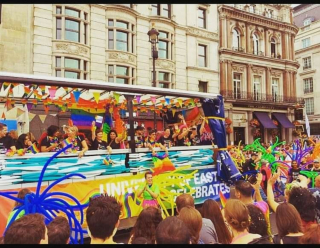
Why do we have parades?
Pride parades around the globe are being postponed due to Covid19. Some pessimists may just see this as a glittery piss up in the street, but it is in fact a huge dent in the spirit of pride, tolerance and awareness for and of LGBTQI+. The Stonewall riots back in June 1969 were the reasons we all now don our most flamboyant outfits and strut our stuff down the capital’s streets without a care in the world, the way it should be every day. The parades are a celebration of this fight back. This was the start of a new beginning for us all.
I will be forever grateful of the stand those brave people took 50 years ago for me to be able to do what I do today from writing this blog, to singing Britney at top note on a float in the parade, to being just me.
Last year saw the celebration of 50 years since that uprising and the largest gathering of people in Central London, 1.5 million celebrating as one. When I read and hear that it was only 50 years ago that you were tormented, harassed or killed for loving someone of the same sex or for changing sex, it absolutely boggles the brain. It sounds like something from the stone ages (apologies to anyone from that era). But the scary thing is, it wasn’t and isn’t. This is why educating not just the Gen Z generation is so important but everyone across the board right down to the Baby Boomers, who may need a little more hand holding, hopefully by the same sex.
Changing Perspective
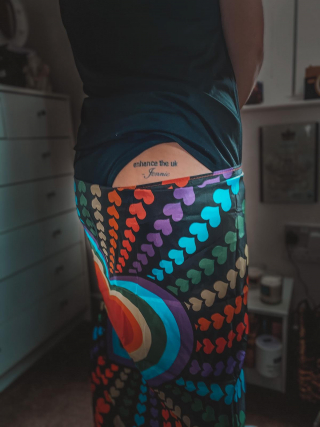
Changing that one person’s perspective can make all the difference. Let me set the scene on what was a pivotal factor to leading me where I am professionally and personally today. I was in the mountains of Serbia, supporting in the training of a group of males all various ages who had disabilities with a charity I support, Enhance the UK. Serbia is well known for housing homophobic attitudes, so for someone like me who was born with jazz hands it was the first time in my life I felt worried about travelling and doing what I love most. I lived, laughed, trained, drank (sometimes too much) with the group but never disclosed my sexuality when asked, very unlike me to those reading that know me.
It came to the last session of the week which was a debate. We decided to pick the topic of ‘Pro LGBTQI+’ and ‘Against LGBTQI+’ much to the disapproval of some of the team leaders. As you can imagine the most talkative and enthused group were those speaking against LGBTQI+, when it came to talking for LGBTQI+ the room fell silent.
A guy I had made a great connection with throughout the trip (and evidently had asked me on a date- little did he know he was in for a shock) responded with ‘Carley there is nothing positive about being LGBTQI+’.
I began to get a little shaky, whether it was anger or nerves of the setting I found myself in I’ll never know, but my friend saw this and posed the following question to the group ‘Is anyone in this room LGBTQI+?’. I didn’t know I would put my hand up, but I’m glad I did. The reaction was one of shock (as apparently, I didn’t look gay, I still need to find out what this look is) discussion and acceptance, followed by endless selfies – I now know how Kim K feels every day. There was 30 people in that room who had one idea of what LGBTQI + was, and when they left, I hope to think one if not all had a different perspective. I have a tattoo of Enhance The UK on my backside as a positive reminder of this experience.
Bringing community together
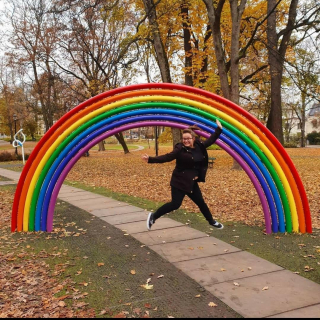 In my role as Event Manager for University of East London I was overjoyed to plan the university’s first entry to the Pride parade last year. There was no better feeling then bringing each part of the university community together. We had individuals who had recently ‘come out’, families of students wanting to share support of loved ones or just allies who simply wanted to show their solidarity for the day. I was immensely proud of my workplace that day and what I had help achieve. We had recently launched a brand new LGBTQI+ Staff Network and the parade was our first major event. It was euphoric to be on a float making friends with everyone and anyone in eye sight. If you can get the support of your University, SU, business that’s fantastic, but even if not, the application process is simple to be a part of the parade and can be at a cost that suits your budget, a limited cost for a priceless memory.
In my role as Event Manager for University of East London I was overjoyed to plan the university’s first entry to the Pride parade last year. There was no better feeling then bringing each part of the university community together. We had individuals who had recently ‘come out’, families of students wanting to share support of loved ones or just allies who simply wanted to show their solidarity for the day. I was immensely proud of my workplace that day and what I had help achieve. We had recently launched a brand new LGBTQI+ Staff Network and the parade was our first major event. It was euphoric to be on a float making friends with everyone and anyone in eye sight. If you can get the support of your University, SU, business that’s fantastic, but even if not, the application process is simple to be a part of the parade and can be at a cost that suits your budget, a limited cost for a priceless memory.
Staying In / Coming Out
Although the parade can’t happen this year the great people of Pride in London and many across the world have been adapting to the virtual norm. I have been lucky enough to help create that feeling of euphoria by working as the Event Project Manager for Pride in London, albeit virtual euphoria (it’s a thing, I swear) by leading on the Staying In/ Coming Out virtual events site.
This is a year-round events platform for all LGBTQI+ events. We promote, deliver and support all events and will continue to do so when Covid19 is all over. If you or your society / charity/group have an event, or just an initial idea do get in touch with us and we will help make it a reality. Events, social media and even blogging helps amplify the voices of those who may feel marginalised or isolated in these times. And all of this helps grow towards increasing acceptance, so let’s continue even after Pride Month.
It may be Pride Month but let’s make it a Pride Year, every day of the year. Let’s keep talking, keep learning and be open to things we don’t know (it’s ok to not know it all).
From a first-time blogger, which I can now add to my CV wahoooo, I hope this helps.
Learn more about pride in London by following them on twitter @PrideInLondon or by searching hashtag #YouMeUsWe!
Thanks to Carley for guest blogging. Say hi @CarleyOwen5
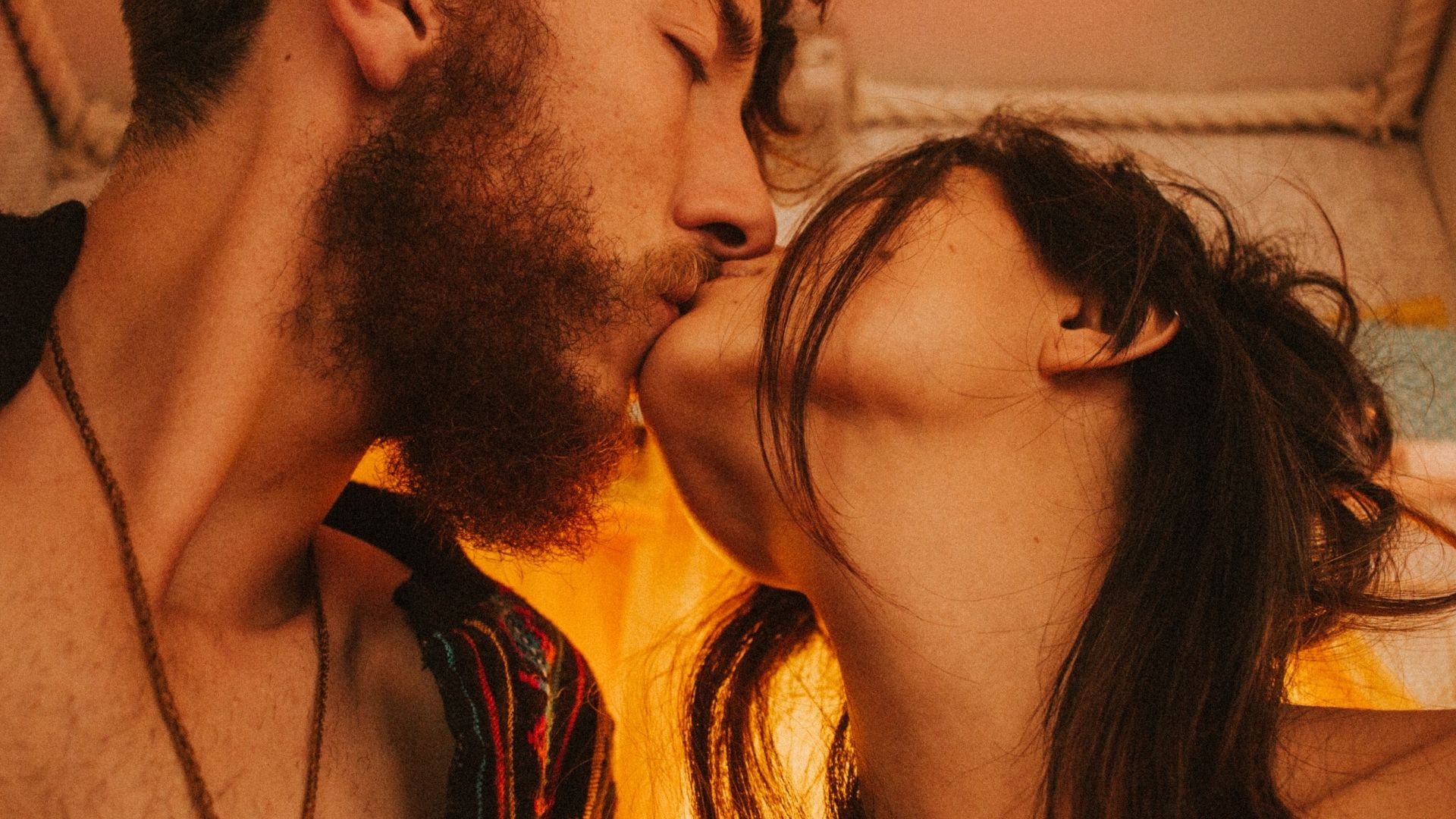


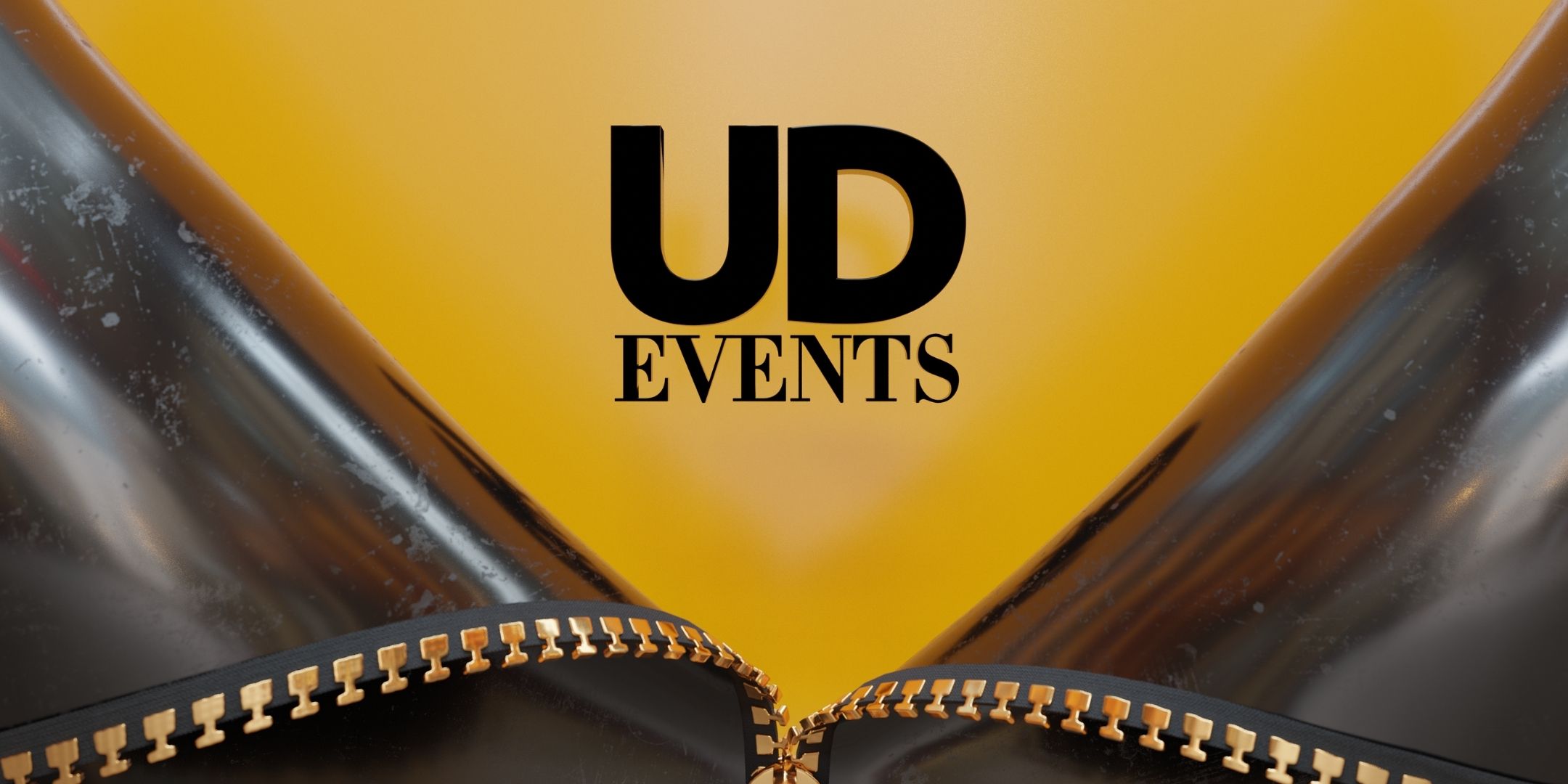
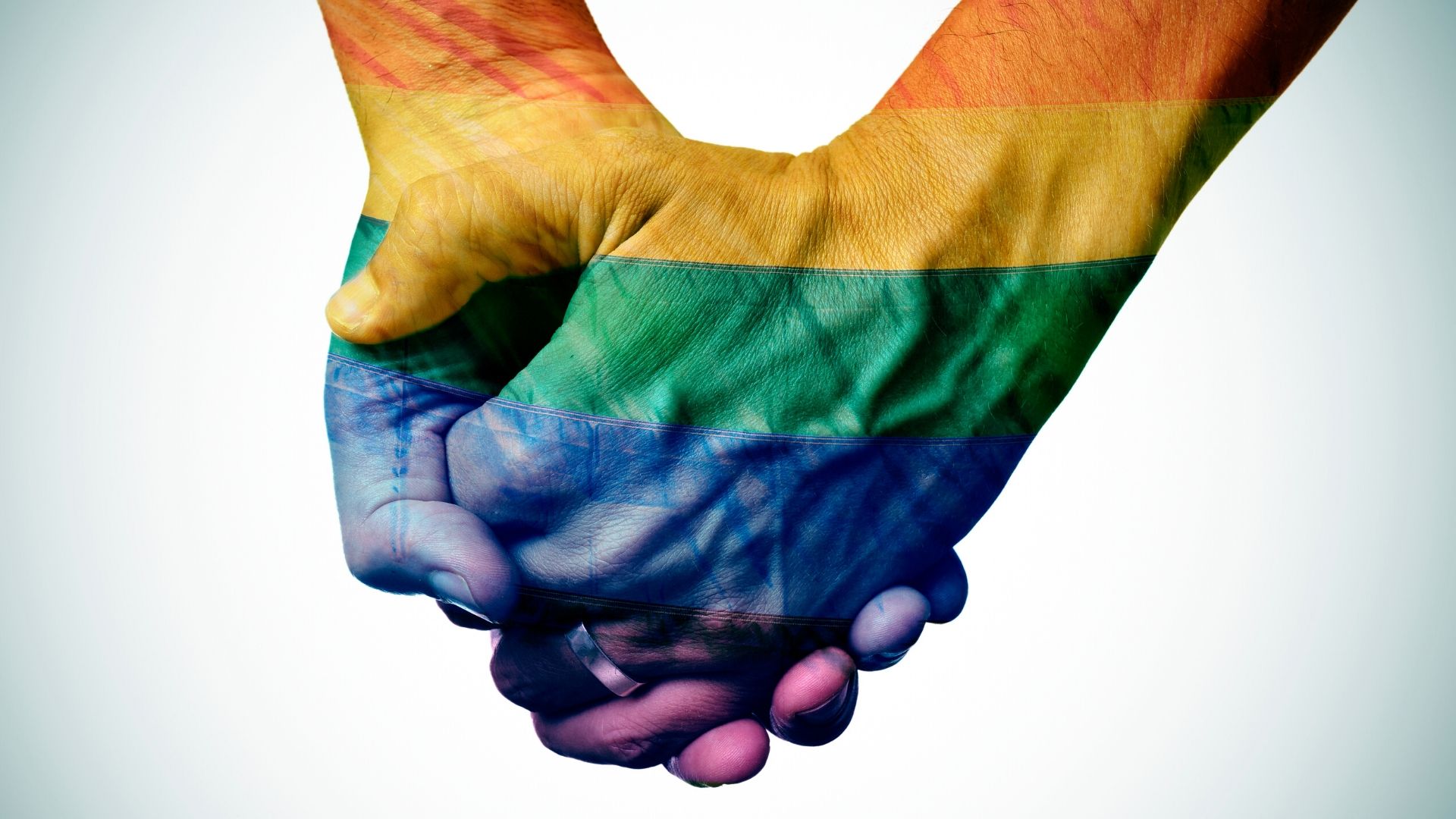



 In my role as Event Manager for
In my role as Event Manager for 


